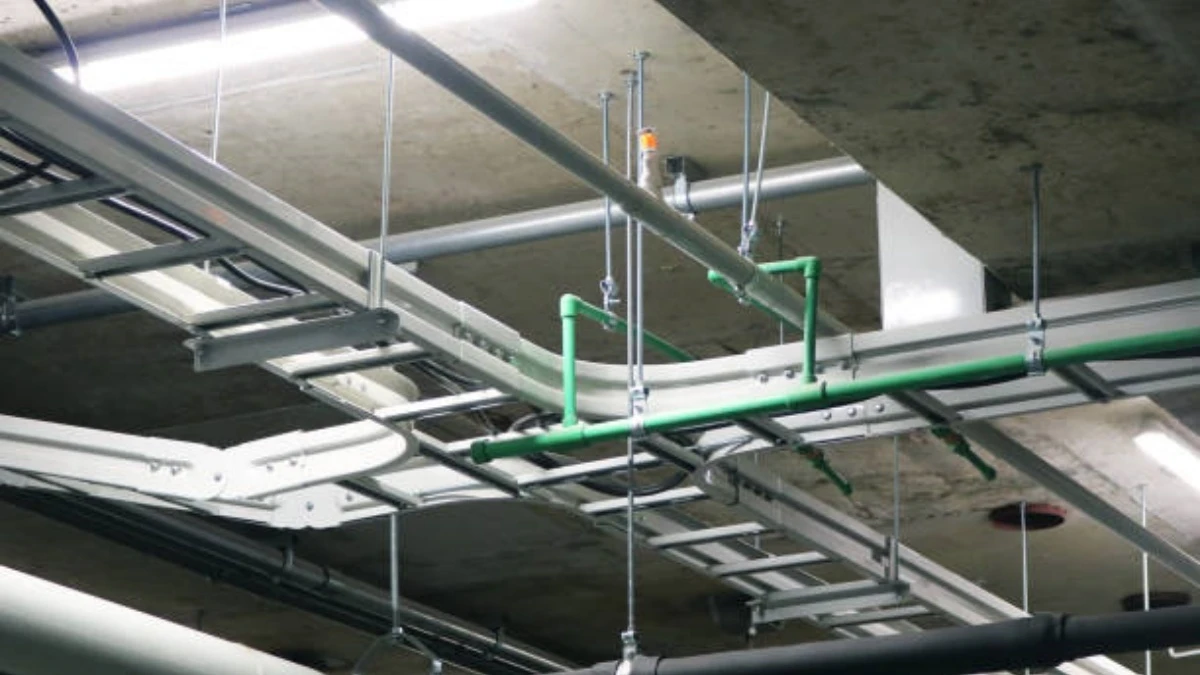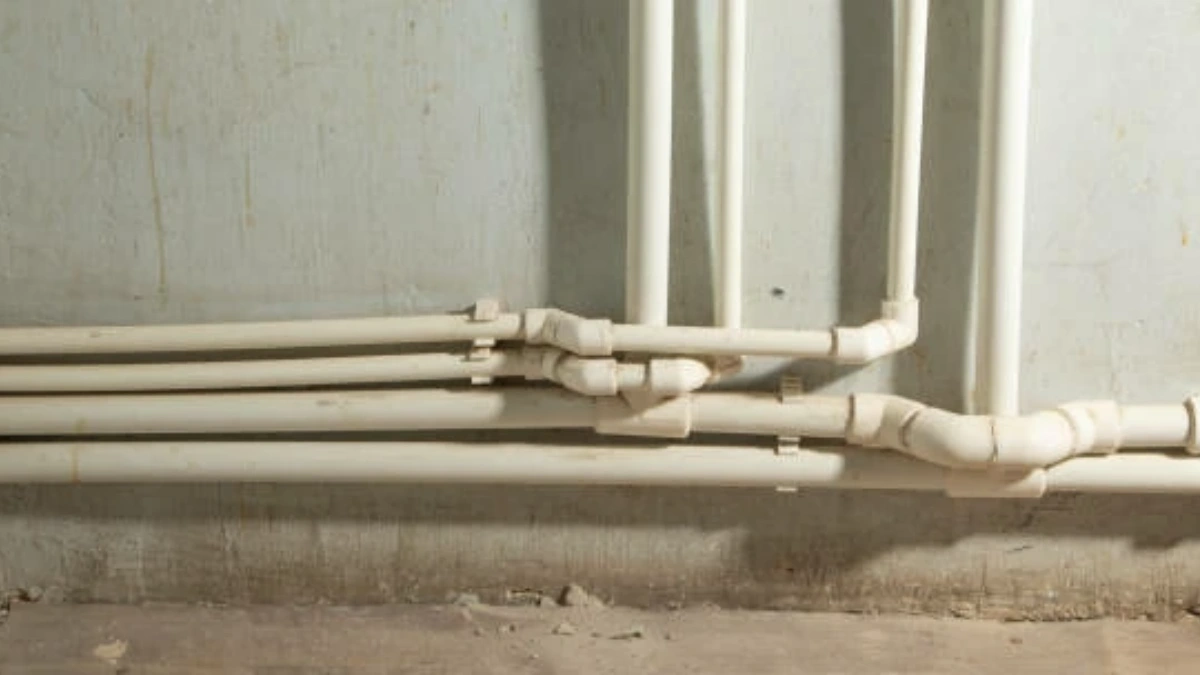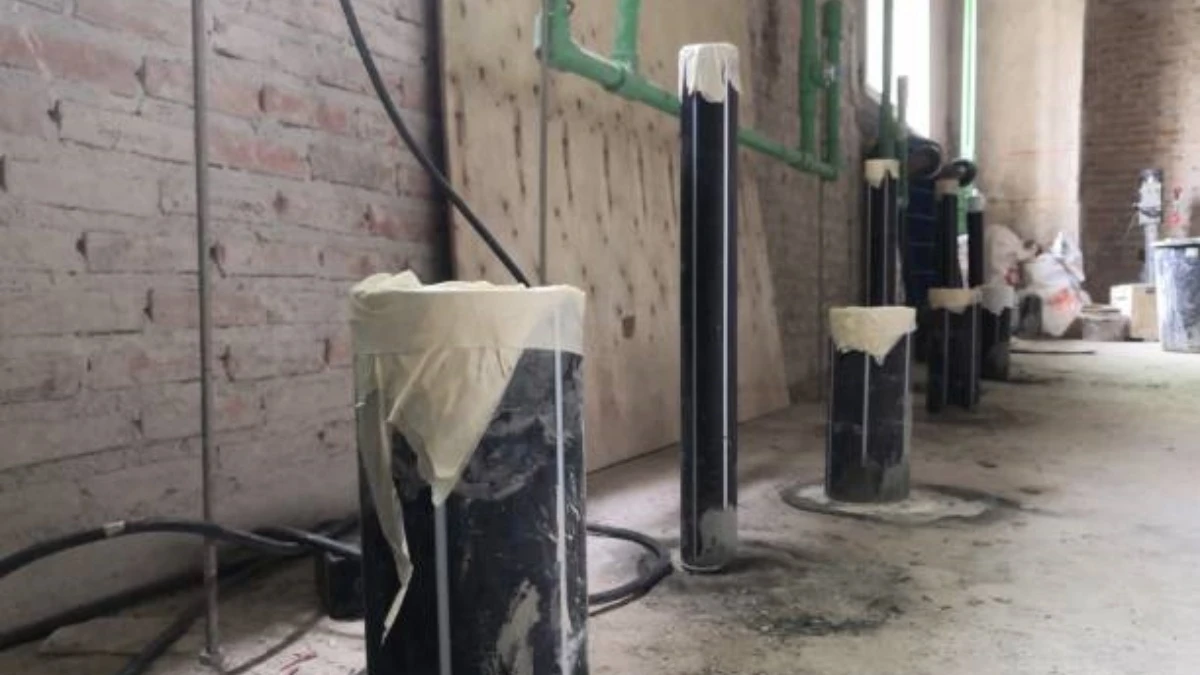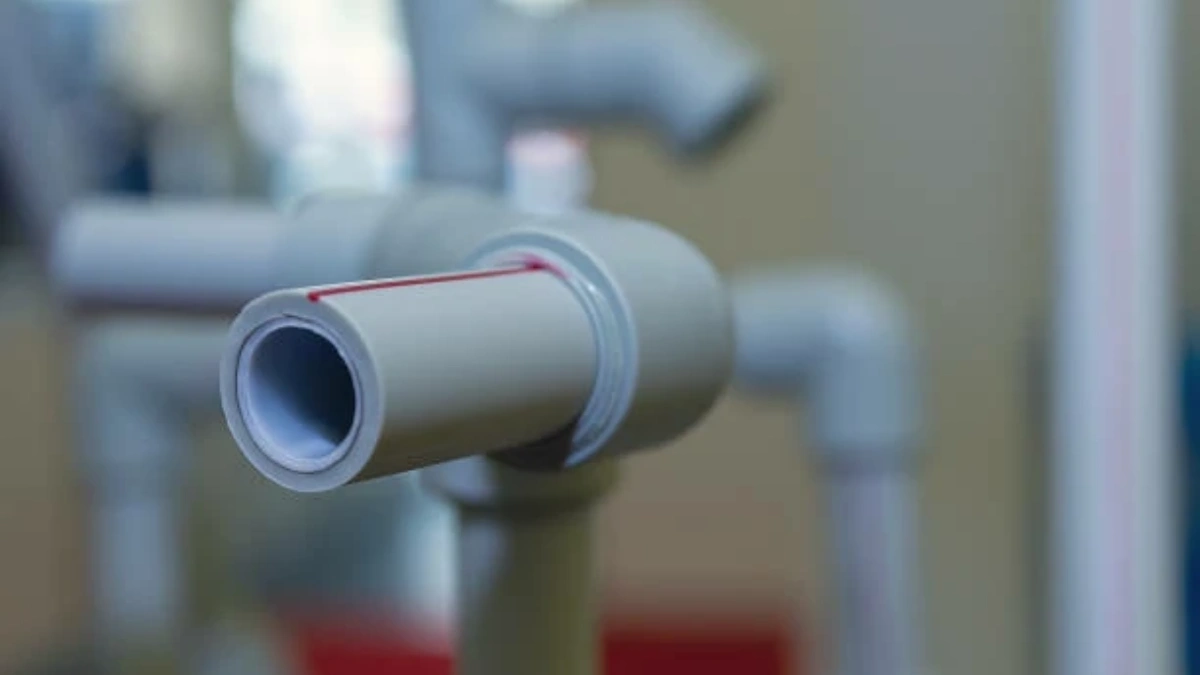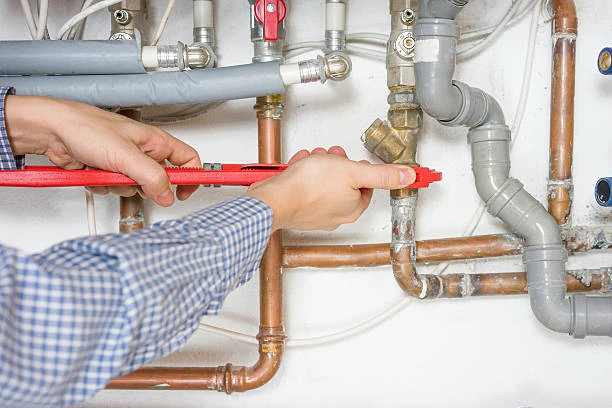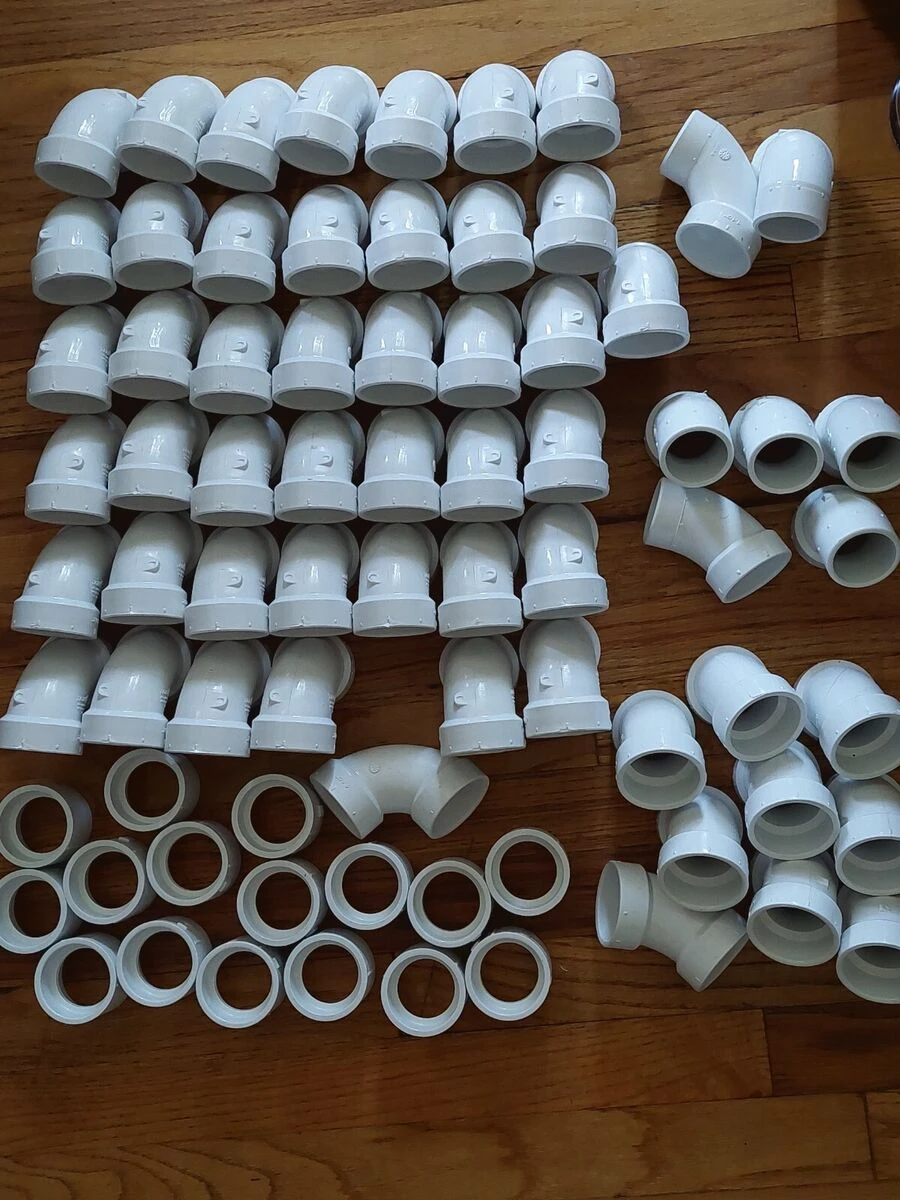
PVC pipes and fittings are vital components in a wide range of plumbing and construction applications. Known for their durability, versatility, and affordability, PVC pipes have become a popular choice among homeowners, contractors, and engineers alike. This article explores the various types of PVC pipes and fittings, their applications, and the benefits they offer.
Key Features of PVC Pipes
- Lightweight: PVC pipes are significantly lighter than metal pipes, making them easier to handle and install.
- Corrosion Resistance: Unlike metal, PVC does not corrode, ensuring a longer lifespan.
- Cost-Effective: PVC pipes are generally more affordable than other materials, such as copper or steel.
- Smooth Interior Surface: The smooth surface of PVC pipes allows for efficient water flow and minimizes the risk of clogs.
Types of PVC Pipes
PVC pipes are available in various types, each designed for specific applications:
1. Schedule 40 PVC Pipes
They have a medium thickness and are suitable for various applications, including water supply and drainage.
2. Schedule 80 PVC Pipes
Schedule 80 PVC pipes have thicker walls than Schedule 40 pipes, making them ideal for high-pressure applications.
3. PVC DWV (Drain, Waste, and Vent) Pipes
PVC DWV pipes are specifically designed for drainage, waste, and venting systems. They are lightweight and easy to install, making them popular in residential plumbing.
4. PVC Pressure Pipes
PVC pressure pipes are designed for high-pressure applications, such as irrigation and water supply systems. They are engineered to withstand significant internal pressure, making them reliable for demanding environments.
PVC Fittings
In addition to pipes, PVC fittings play a crucial role in plumbing systems. Common types of PVC fittings include:
1. Elbows
Elbows are used to change the direction of the pipe. They come in various angles, with 90-degree and 45-degree elbows being the most common.
2. Tees
Tees are fittings that allow three pipes to connect at one point.
3. Couplings
They come in various sizes and types, including slip and threaded couplings.
4. Adapters
Adapters are fittings that connect pipes of different sizes or types.
Applications of PVC Pipes and Fittings
PVC pipes and fittings are used in various applications, including:
- Irrigation: PVC is popular in agricultural applications for irrigation systems due to its resistance to corrosion and chemicals.
- Drainage Systems: PVC pipes are widely used in both residential and commercial drainage systems due to their durability and ease of installation.
- Industrial Applications: In industrial settings, PVC pipes transport chemicals, water, and other fluids safely and efficiently.
Benefits of Using PVC Pipes and Fittings
- Durability: PVC pipes are resistant to environmental factors, including sunlight, chemicals, and temperature fluctuations, ensuring a long lifespan.
- Low Maintenance: The smooth interior of PVC pipes reduces the risk of clogs and requires minimal maintenance.
- Easy Installation: PVC pipes and fittings are lightweight and easy to work with, allowing for quicker installations compared to traditional materials.
Conclusion
Supplies PVC pipes and fittings are essential components in modern plumbing and construction. Their durability, versatility, and cost-effectiveness make them a preferred choice for various applications, from residential plumbing to industrial systems. Whether you are a contractor, plumber, or DIY enthusiast, understanding the different types of it can help you make informed decisions for your projects.
FAQs
- Can PVC pipes be used for hot water applications?
- PVC pipes are not recommended for hot water applications. For hot water, CPVC (chlorinated polyvinyl chloride) is a better choice.
- How do I connect PVC pipes and fittings?
- Use PVC cement to bond the pipes and fittings. Ensure the surfaces are clean and apply the cement evenly before joining.
- What are the advantages of using PVC pipes over metal pipes?
- PVC pipes are lighter, resistant to corrosion, cost-effective, and easier to install compared to metal pipes.
